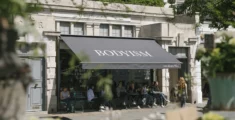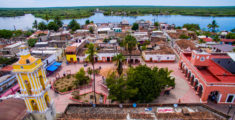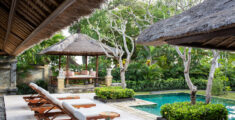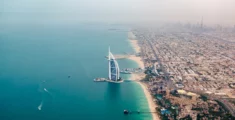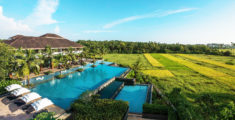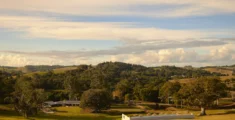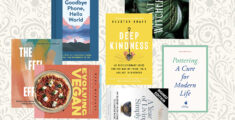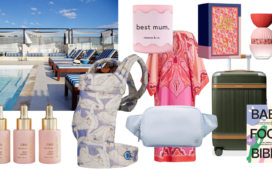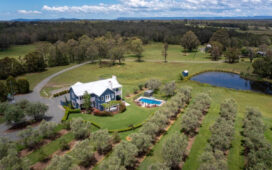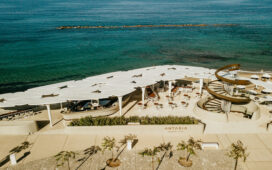Eco-Destinations: The new golden age of luxury travel
In a report released last year (March 2023) entitled “The new golden age of luxury travel”, high-end tour operators Luxury Gold asked the question: “What if passports were stamped with experience instead of place?”. In answering this question, they stumbled upon a theme that’s reshaping luxury travel across the world: the concept of regeneration, the idea that leaving a destination better than you found it is the ultimate luxury.
“So many people think that travel has a negative impact on the environment, but if you do it well and you do it in the right places – if you support the right communities and individuals and movements, you have the potential to really make a difference. There’s a perception that sustainable travel involves backpacking, camping – but money can unlock access to experiences that allow travellers to actually give back,” explains Toni Ambler, Managing Director of Luxury Gold.
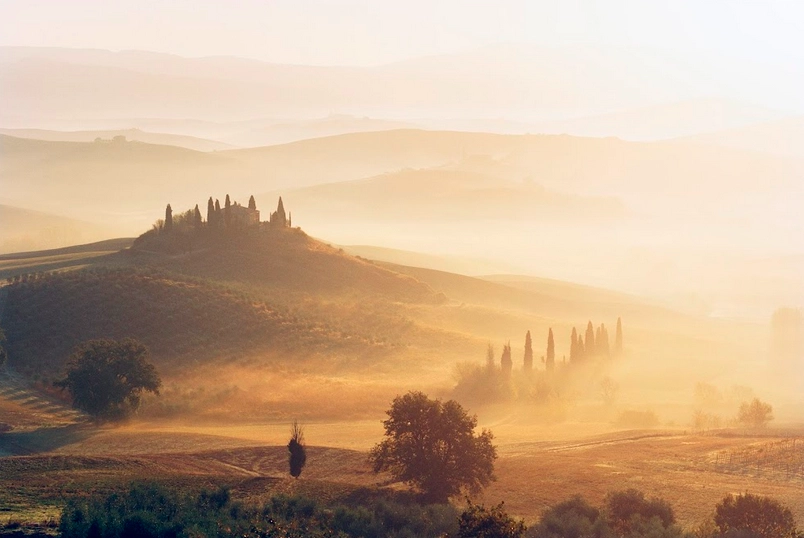
The experiences that Ambler is referring to here have been incorporated into Luxury Gold’s global tour offerings – experiences that not only allow travellers a unique, authentic cultural experience, but the opportunity to support and preserve underprivileged communities and dying traditions. These experiences range from intimate flamenco dance performances at a not-for-profit organisation in Seville (travellers learn to dance whilst funding flamenco dancing lessons for underprivileged girls) to weaving lessons from a fourth-generation weaver in remote Italy.
“There are so many traditions that are being wiped out by the commercialisation of the world. If you travel somewhere and only visit the commercialised, mass-market destinations, you’re exacerbating this problem, which is why we think it’s important to support local communities rather than contributing to the colonial impact of the global tourism industry.” says Ambler.
Luxury travellers want to feel like they’re helping the community they’ve visited, and this situation benefits everyone involved. The small-scale, authentic experiences are inevitably more positive for the local community, and inadvertently more enjoyable for the traveller.
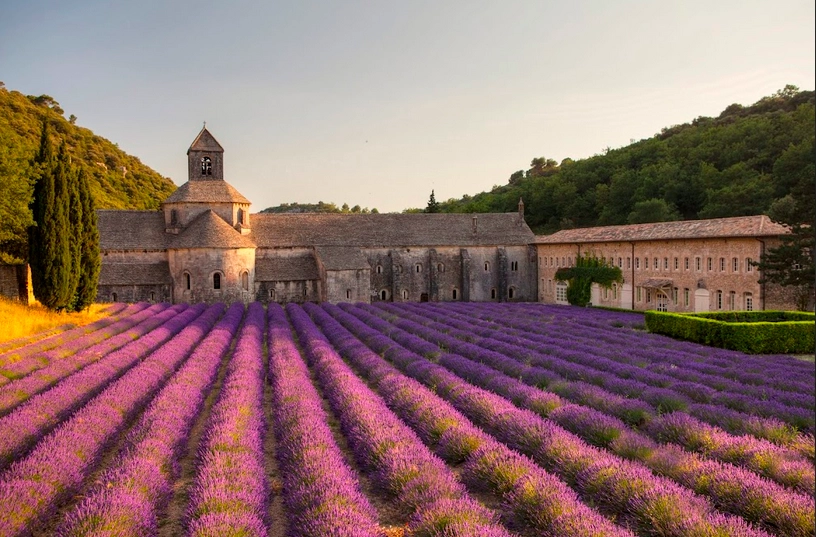
The concept of “deconialising travel” is the first regenerative theme identified by Luxury Gold in their report, with the second being less human-centric. Luxury Gold summarised the increased interest in environmentally friendly travel as “led by nature” – the understanding that luxury travellers want to travel in a way that goes beyond carbon neutrality, and has the potential to positively impact the natural environment. Further evidence of this trend is the rapid increase in demand for (and standard of) eco-luxe hotels. For example, Small Luxury Hotels of The World’s Considerate Collection, which launched in November 2021 as the brand’s collection of actively sustainable properties (see four luxury hotels here), experienced 70% growth in its first year. Aware of luxury travellers’ desire to travel with a lighter impact on the earth, the global hotel chain now plants one to two trees for every room night booked through its partnership with TreeSisters. As identified in Luxury Gold’s report, “More and more resorts are looking to embed themselves in, and give back to, the landscape around them”.
And it’s not just hotel brands embracing and facilitating regenerative travel – destinations and travel associations across the world are beginning to integrate initiatives that preserve, protect, and regenerate the local area.
And it’s not just hotel brands embracing and facilitating regenerative travel – destinations and travel associations across the world are beginning to integrate initiatives that preserve, protect, and regenerate the local area. One destination leading the charge is Peru, where PROMPERÚ (the official tourism board of Peru) is making a concerted effort to direct travellers towards its most environmentally friendly destinations, operators and experiences. Association with the World Travel and Tourism Council’s “Guardians of Nature” movement has helped guide Peru’s destinations to integrate climate change mitigation into their operations, with Machu Picchu (Peru’s leading tourist destination) becoming the first carbon neutral wonder of the world in 2021. On the food front, jungle-to-table cuisine – a food movement which focuses on using local Amazonian ingredients and the cooking methods favoured by indigenous communities to create traditional recipes – is shaping the menus of some of Peru’s leading restaurants. This focus on honouring the ingredients and techniques endemic to a region is taking hold across the world – with regenerative farm-to-table restaurants such as Ibiza’s Juntos House and Kea’s Lygaria generating far more buzz among travellers than the large, commercial restaurants for whom sustainability is an afterthought.
Here in Australia, certified “Eco Destinations” are popping up across the country, with travellers invited to contribute to conservation projects ranging from island regeneration to species protection projects such as Lady Elliot Island’s Project Manta.
These examples of regenerative travel initiatives aren’t exhaustive, and they’re likely only the beginning. In a world in which our purchasing decisions reflect our values, luxury travel is no longer about the most excessive, most indulgent destinations and experiences. It’s about experiences that positively shape you as a person, whilst positively impacting the world.





